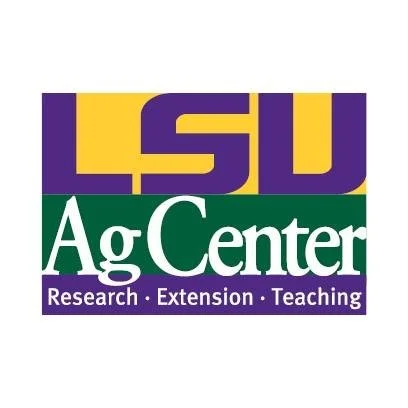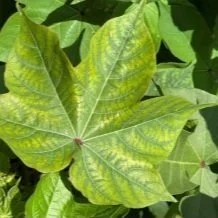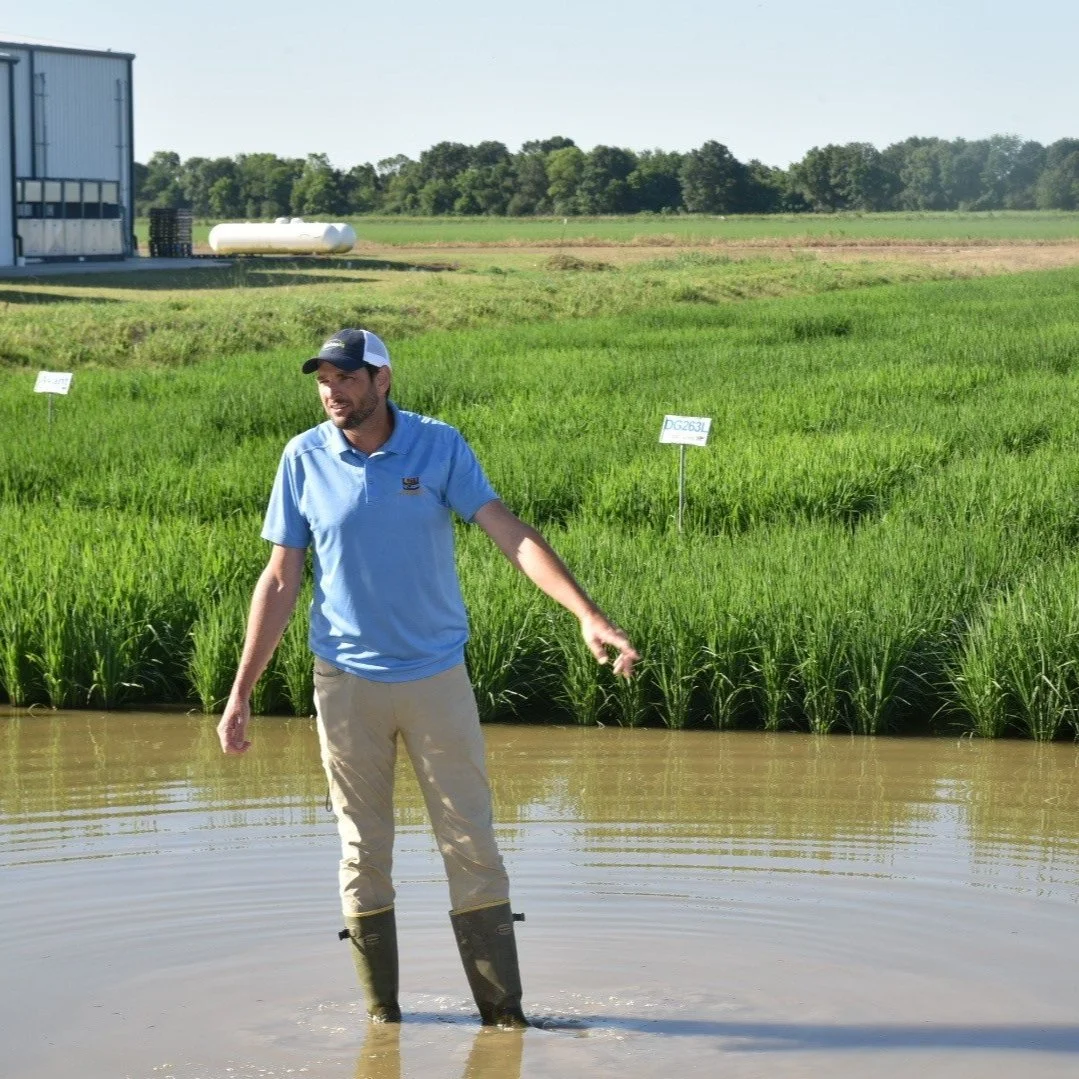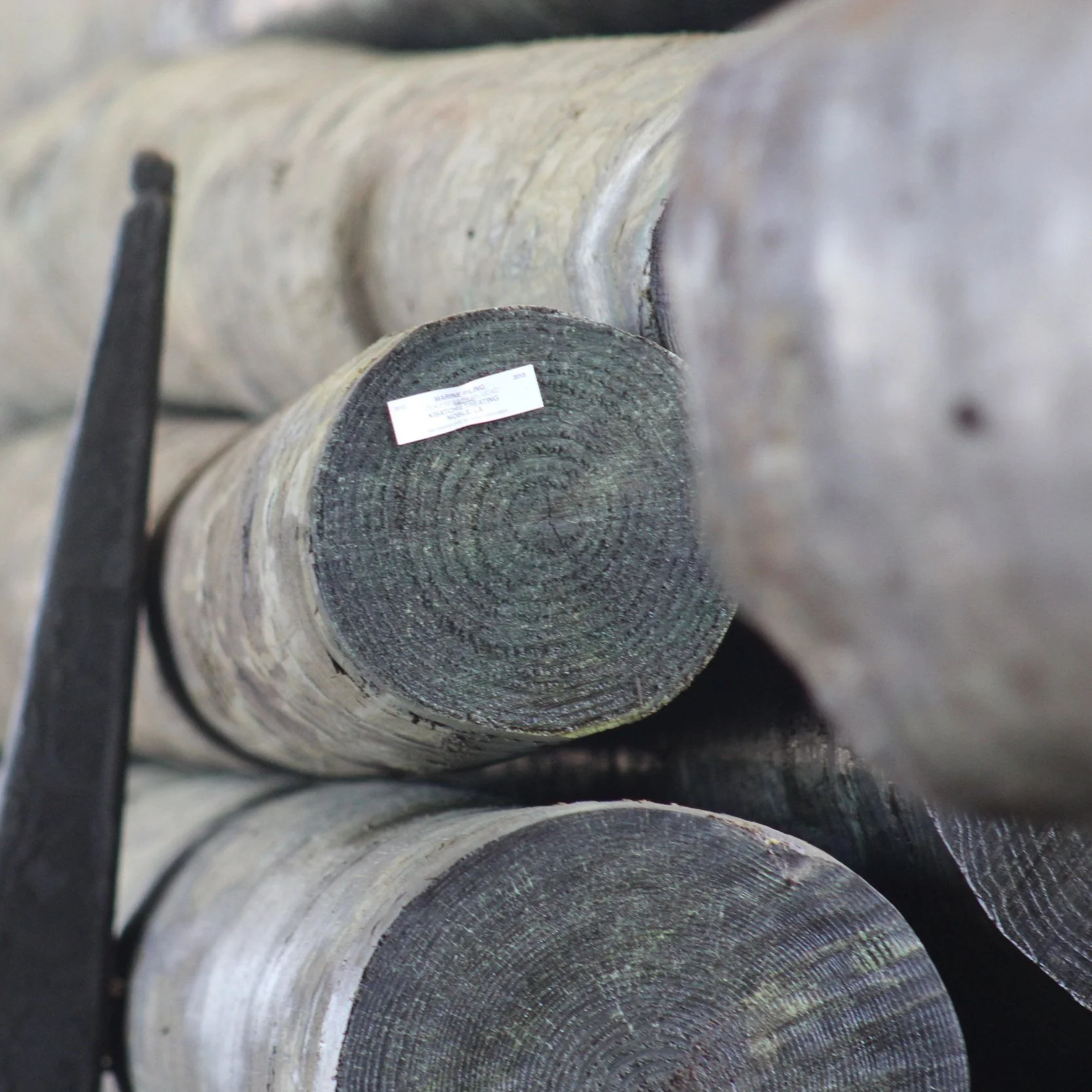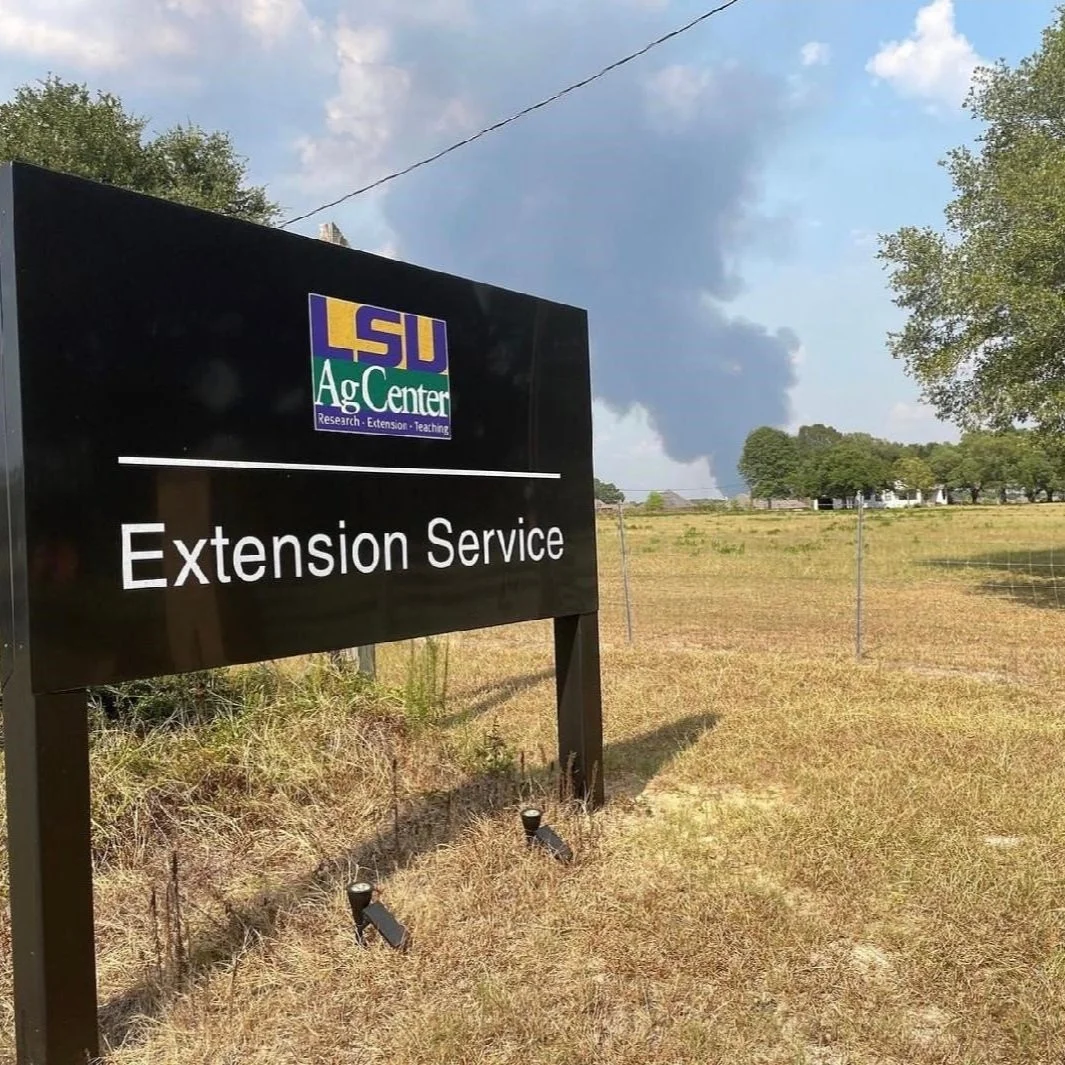As the cotton season progresses in Louisiana, there have been several reports of potassium deficiency. Potassium deficiency can weaken the plant, making it easier for plant pathogens to attack. It is very common to see fungal leaf spots on potassium stressed plants. Although pre-mature defoliation due to disease is possible, it is most likely the nutrient deficiency that is the leaf-dropping culprit.
Read MoreVickie Weeks joined 4-H when she was nine years old and has since been involved in the organization for six decades. Weeks was one of 12 honorees inducted into the Louisiana 4-H Hall of Fame during a ceremony held Aug. 10 at the Grant Walker 4-H Educational Center.
Read MoreThe LSU AgCenter Agricultural Leadership Development Program will continue to accept applications for Class XIX through Aug. 23. Once the applications have been received, an interview process will begin in September to select the class members.
The program was established in 1988 and helps educate its participants on ways to be a voice for agriculture on local, state and national levels. Bobby Soileau, program director, said class members will be exposed to a variety of critical agricultural issues and strategies that can be used to inform the public how the issues affect agriculture and the general populace.
Read MoreUse of a herbicide as a desiccant in soybean has become popular to potentially improve harvest efficiency in Louisiana. Herbicides such as paraquat, Aim, Sharpen, and sodium chlorate are labeled for use in soybean as a desiccant, but paraquat is the most widely used. The paraquat label states at least 65% of pods should be mature (Figure 1) or moisture content should be 30% or less for indeterminate soybean varieties; and at least 50% of the leaves should have dropped and remaining leaves should be yellow for determinate varieties. Table 1 gives the harvest aid application timing label requirements for the labeled products in soybean.
Read MoreJoin Seeds to Success: The Louisiana Farm to School Program and the LSU AgCenter for the eighth annual Louisiana Farm to School Conference at Pennington Biomedical Convention Center on Oct. 2, from 8 a.m. to 4 p.m. The event will emphasize three main components of farm to school: education, school gardens and local food purchasing.
Read MoreAs the cotton season progresses in Louisiana, there have been several reports of potassium deficiency. Potassium deficiency can weaken the plant, making it easier for plant pathogens to attack. It is very common to see fungal leaf spots on potassium stressed plants. Although pre-mature defoliation due to disease is possible, it is most likely the nutrient deficiency that is the leaf-dropping culprit.
Read MoreThe LSU AgCenter will hold a field day focusing on best management practices for rice production Sept. 26 in Kaplan.
The event will showcase work AgCenter scientists are conducting through a grant from the Patrick F. Taylor Foundation. It will take place at one of the four model farms taking part in the grant project — Richard Farms, located at 5632 Louisiana Highway 700. Registration will begin at 9 a.m.
Read MoreMany farmers already know cover crops provide a range of benefits. Planted in between cash crop growing seasons when fields would otherwise sit empty, cover crops help reduce erosion, enrich the soil nutrient profile and break up compacted areas.
Read MoreAs you are aware, the EPA existing stocks order resulting from the vacated labels of Xtendimax, Engenia, and Tavium herbicides in February of this year ended for soybean on June 30 and July 30 for cotton in Louisiana. Bayer (Xtendimax), BASF (Engenia), and Syngenta (Tavium) have each submitted proposed labels for EPA review and approval this summer 2024.
Read MoreAnna Ribbeck developed a love for archery while attending LSU. She participated in archery tournaments and became a bow hunter. Today she is a communications specialist with the LSU AgCenter, but is best known as “Anna the Archer,” one of the newer stars on the hit reality show “Swamp People.” Not only can she hunt her dinner, she can clean it and cook it, like her tasty swamp rat (nutria) pizza!
Read MoreLSU AgCenter researcher Richard Vlosky has helped secure $300,000 in funding for a project to support a regional mass timber supply chain connecting underrepresented populations and communities in the South with consumers and developers along the Eastern Seaboard and Mid-Atlantic.
Vlosky, professor and director of the Louisiana Forest Products Development Center in the LSU School of Renewable Natural Resources, is part of a team that brought in the 2024 U.S. Forest Service Wood Innovations Program Grant.
Read MoreIn a recent Supreme Court ruling, the Court severely constrained the power federal agencies have in interpreting the laws they administer, ruling that courts should rely on their own interpretation of am-biguous laws instead of leaving legal interpretation to the agencies themselves. The decision has been heralded as one that will have far-reaching effects across the country.
Read MoreChemical ripeners for sugarcane in Louisiana provide an important benefit. When properly applied, ripeners can maximize recoverable sugar and minimize cane yield (tonnage) losses.
In 2024, the following glyphosate formulation is recommended as a chemical ripener: Roundup PowerMAX 3. Roundup PowerMax 3 contains 4.8 pounds of glyphosate acid per gallon and is formulated as a potassium salt.
Read MoreMidwestern states are spending millions every year to prevent a giant, goggle-eyed fish from invading rivers and lakes. But the Asian carp has firmly established a home in the Mississippi River basin, and experts say they are here to stay.
Now, researchers are hoping that creating new markets for the invasive fish could be part of the solution.
Read MoreGloomy weather forced the LSU AgCenter Northeast Research Station to move its July 23 cotton and grain field day indoors — but there were few complaints from station staff and farmers who attended the event. Their fields received a much-needed rain amid a dry spell in the area.
Read More


